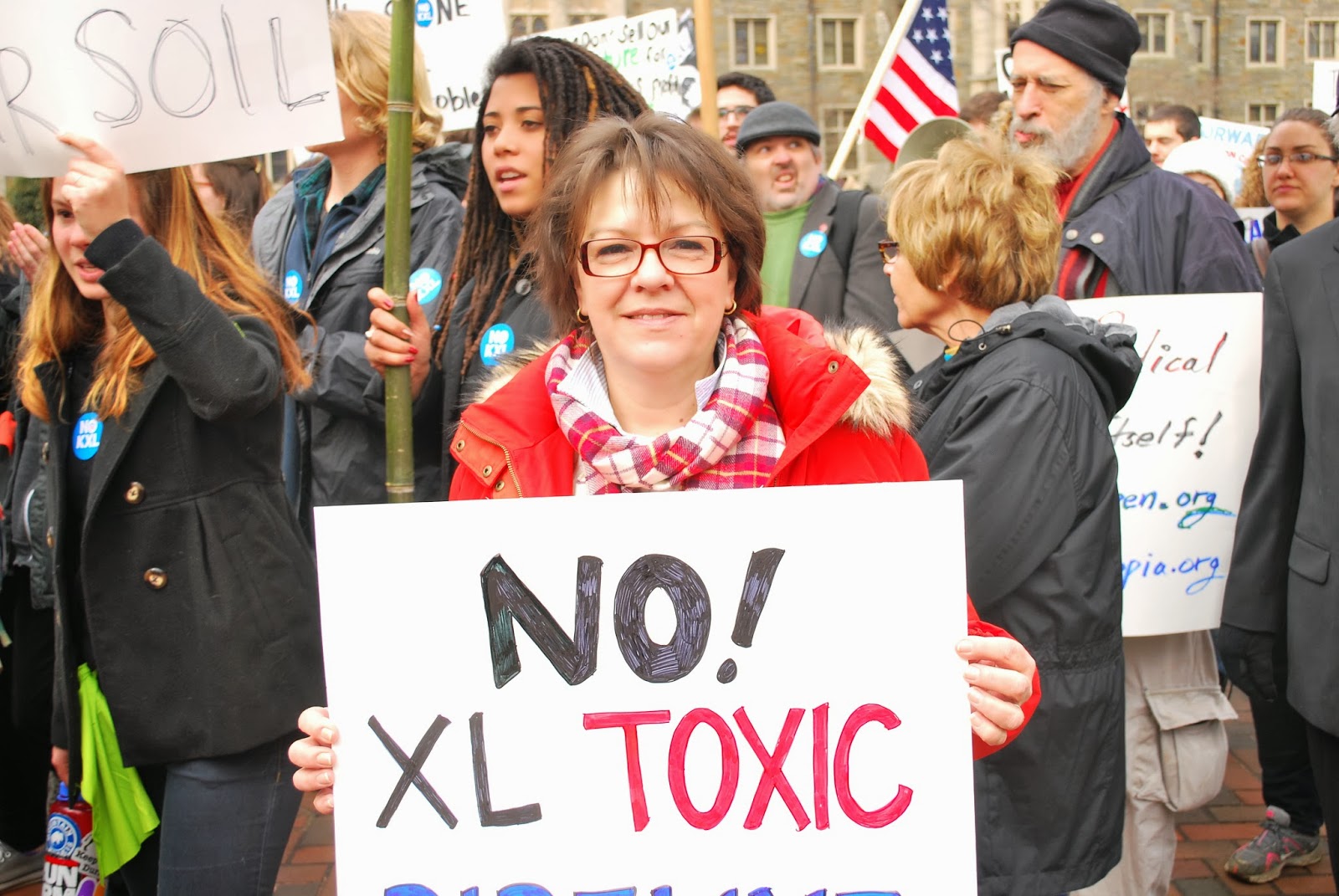[Don't worry...this is a positive post. I promise. =)]
Another year goes by, and another
unsurprising event--yet another round of climate talks have failed. This time in some other exotic location. Year after year, we are drawn into the process of international bargaining, negotiation, hardheadedness, and bullying. Year after year, we continue to find faith in "the process," hoping that the leaders of the world will come together, have epiphanies, realise that many of them have been wrong in the past, and will then suddenly accept guilt and blame for their actions, and resolve to do all in their power to stop raping our Earth. Year after year, universities and non-governmental organisations send students, faculty, and activists to these talks, as "observers." Year after year, I hear the same so-called "solutions"--we need newer energy sources, reduced pollution,
"sustainable development", government regulation, government deregulation, and so on and so forth.
And it is our lives, the lives of the young, the lives of those who we hope will come in the future,
to be founded on a deep bond and sacred connection to the biophysical world, the soil, the air, the water, and all sentient and non-sentient beings, that are at stake. Yet, it seems to fail each one of these supposedly "educated" "representatives" of ours in government that meaningful steps must be taken yesterday to address the increasing rape of the Earth. But hell, if an increasing number of people don't buy into climate change, then why would someone that wants to be elected by those very people believe in climate change? Shouldn't the representatives be just that..."representative"?
(Back home with my parents in Pennsylvania now, I smell the
frackers coming. I know their type. They are the type that will pay the broke five thousand dollars, portray a sense of responsibility and humility, just to go to degrade aquifers, pollute soil and water, and leave when the job is done. I do not trust them.
You shouldn't either)
As
Wangari Maathai (and my father) has said, many of the problems we face are of our own doing, of our own making. While many of us may be forced into problematic situations at times, if we do not have the resolve within ourselves to extricate us from those situations, we find it easy to find reasons and excuses to just get by.
Nothing changes then, other than the possibility of ending up actually believing that we aren't the cause or contributor to the problem, but rather that "the system" is the cause. We've lost at that point.
If we cannot envision our lives fundamentally differently, then there is no hope for a changed world. The possibilities of a different world, of different lives, of different relationships to people and place must be borne out in ourselves first. Wendell Berry wrote this many years ago. And with timeless problems such as the human-environment dichotomy, the solutions are exceedingly obvious, yet stupendously intractable. We must make the obvious the status quo.
Action must be taken by us, now. Whether that is marching towards city hall and fighting fracking, whether it is standing on the street and having the conversations that must be had, whether it is reading books on industrialisation and capitalism and doing all that you can to extricate yourself from the complex, whether it is tending a garden and planting a tree, whether it is choosing to eat locally, whether it is deciding not to buy a new car, whether it is digging deep inside of yourself and questioning your long-held beliefs and assumptions, the change is you and me and us. We cannot be scared. We must be hopeful. We cannot be blindly optimistic. We must keep our eyes and ears open to explore issues from all angles. We must change the way we speak, change the way we use words. We must make degrading words and concepts obsolete, and we must make Earth- and relationship-cherishing words more common, or maybe even introduce some new ones.
You can do this. Yes you can. We can do this. Yes we can.




















